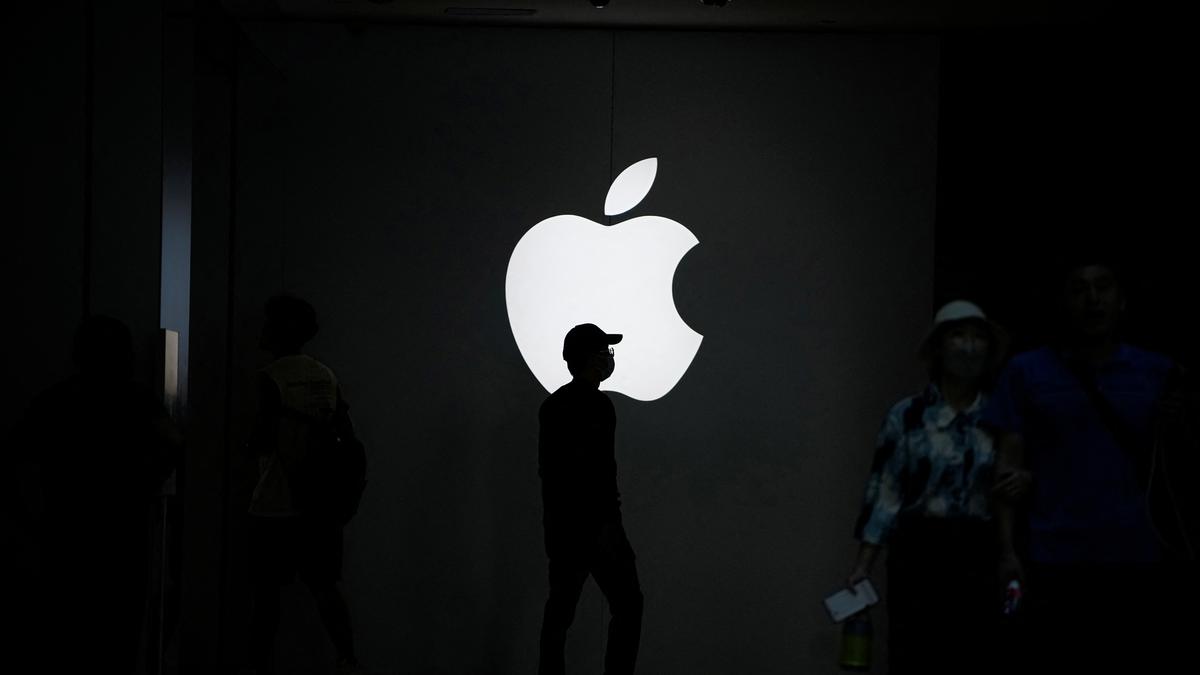
Brendan Eich was also spewing misinformation on Covid-19 during the pandemic https://www.nytimes.com/2020/12/22/business/brave-brendan-eich-covid-19.html


Signal is already making some progress on building protections against the use of quantum computers to break its encryption https://signal.org/blog/pqxdh/
Yeah, a recovery mail address (which is optionally added) that was connected to a Twitter account. There is nothing dishonest happening here. They don’t have access to our mails, but they are legally bound to share the metadata they do have access to when there is a lawful request from a government agency.
If I use WhatsApp Web, will Meta be able to see the contents of my WhatsApp messages?
Just as much as they would be able to see the contents of your messages when you use the app. The answer to this question depends on how much you trust Meta to stick to their claims. As others have already said here, use Signal if you are looking for a private messenger.
This video by Louis Rossman is a pretty good explainer https://yewtu.be/watch?v=0i0Ho-x7s_U
You are really underestimating how hard it is build and maintain such easy to use and secure services. So using a trusted service like Signal is convenient. And government officials across the world use it:
https://www.zdnet.com/article/in-encryption-push-senate-approves-signal-for-encrypted-messaging/
https://theprint.in/tech/netanyahu-zelenskyy-join-world-leaders-to-signal-each-other-why-is-encrypted-app-popular/1204419/
https://www.politico.eu/article/eu-commission-to-staff-switch-to-signal-messaging-app/
And moreover, the essay by the tankie creator of Lemmy does the mistake of assuming everything the US government funds or has funded at some point as nefarious. The US government is not unified by any stretch of the imagination. It is full of competing interests and some agencies do want to support ideas like freedom of information and right to privacy. If you look at the things that the Open Technology Fund has donated to, you will see that it has pretty much stuck to its objective of supporting “open technologies and communities that increase free expression, circumvent censorship, and obstruct repressive surveillance.”
And I still fail to see any real evidence for the claim that Signal’s privacy is compromised.
This same thing has been reposted here so much. So I am going to copy-paste my original response once again.
Governments routinely fund the development of secure and open communication systems because they themselves benefit from having such communication tools which can be trusted. By the logic presented in this “essay”, one shouldn’t be using the internet at all. What you need to check is whether Signal’s technical claims about its encryption is true or not. There is nothing in this article that raises any question on Signal’s encryption. We already know how much data Signal has on its users through their responses to various legal subpoenas over the years (spoiler: its pretty much nothing).
Here are some cool links for you to check out:
https://signal.org/bigbrother/
https://www.aclu.org/news/national-security/new-documents-reveal-government-effort-impose-secrecy-encryption
Holy heck, it almost seems like there is some counter-intel op against Signal going on here by the powers that be that doesn’t want you to use it because of its encryption (see? even I can make conspiracy theories like this). Now let me copy-paste one of my earlier posts:
Governments routinely fund the development of secure and open communication systems because they themselves benefit from having such communication tools which can be trusted. By the logic presented in this “essay”, one shouldn’t be using the internet at all. What you need to check is whether Signal’s technical claims about its encryption is true or not. There is nothing in this article that raises any question on Signal’s encryption. We already know how much data Signal has on its users through their responses to various legal subpoenas over the years (spoiler: its pretty much nothing).
Here are some cool links for you to check out:
https://signal.org/bigbrother/
https://www.aclu.org/news/national-security/new-documents-reveal-government-effort-impose-secrecy-encryption
Governments routinely fund the development of secure and open communication systems because they themselves benefit from having such communication tools which can be trusted. By the logic presented in this “essay”, one shouldn’t be using the internet at all. What you need to check is whether Signal’s technical claims about its encryption is true or not. There is nothing in this article that raises any question on Signal’s encryption. We already know how much data Signal has on its users through their responses to various legal subpoenas over the years (spoiler: its pretty much nothing).
Here are some cool links for you to check out:
https://signal.org/bigbrother/
https://www.aclu.org/news/national-security/new-documents-reveal-government-effort-impose-secrecy-encryption




I use OpenBoard and is very happy with it.